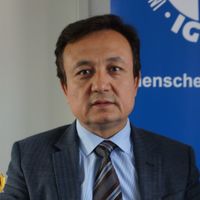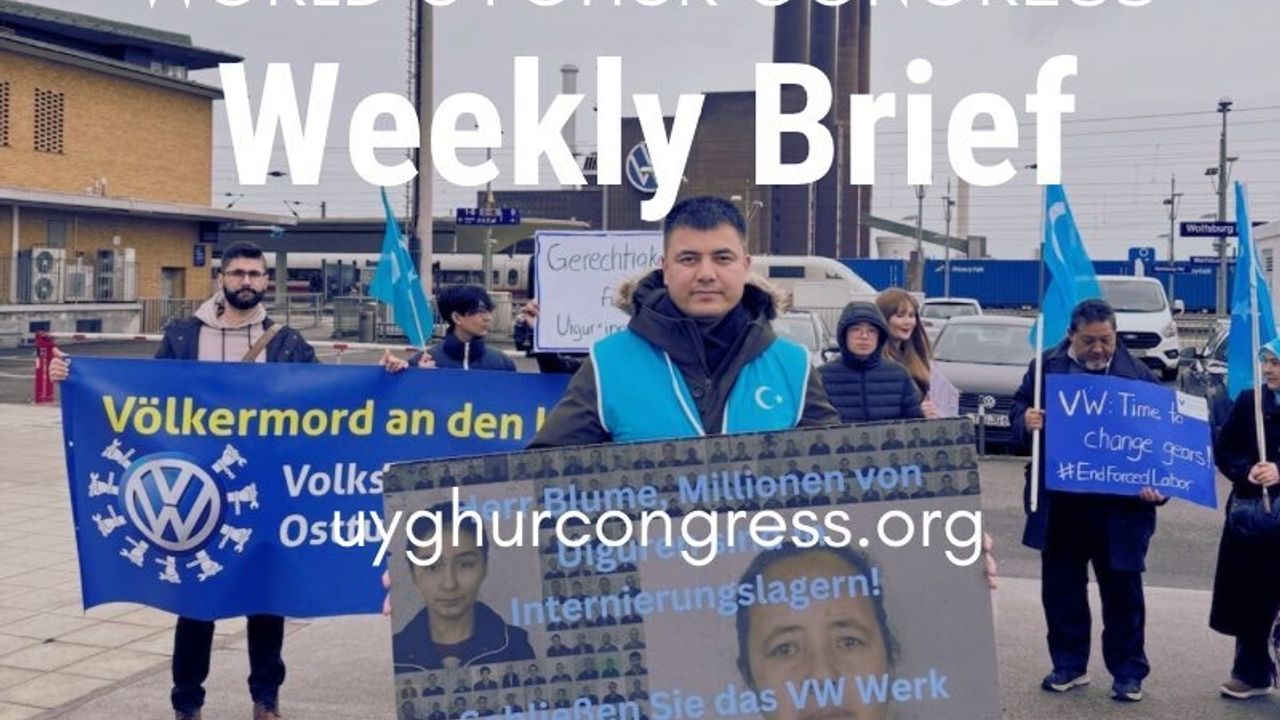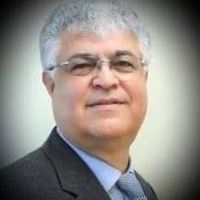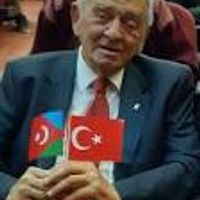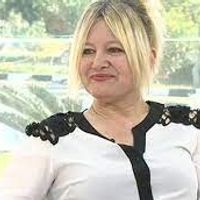BASF Announces Decision to Exit East Turkistan
On February 9, the German chemical company Badische Anilin und Soda Fabrik (BASF) announced its intention to divest shares in its two joint ventures located in Korla, East Turkistan. BASF, headquartered in Germany, and the world’s largest manufacturer in the industry, made this decision in response to reports detailing serious human rights violations linked to its joint venture partner, Markor, operating in the region.
Employees from Xinjiang Markor Chemical have participated in the Chinese government’s intrusive home visits (‘Fanghuiju’ activities), collecting data on Uyghur families and participating in the mass arrests of Uyghurs. Xinjiang Markor Chemical, is furthermore indirectly owned by the Xinjiang Zhongtai Group, which is actively involved in the Chinese government’s labour transfers, as well as in the indoctrination and surveillance of Uyghur workers.
The World Uyghur Congress (WUC) has welcomed BASF’s decision to withdraw from the region and has urged the company to ensure beyond doubt that its supply chains are free from the Uyghur forced labour. “BASF must live up to its pioneering role and take decisive, concrete steps to completely rid its supply chains of forced labour,” demands WUC Berlin Director Haiyuer Kuerban. “Only in this way can the company fully fulfil its ethical and legal responsibilities.”
World Uyghur Congress Calls on VW to Withdraw from East Turkistan
On February 14, the World Uyghur Congress issued a press release reiterating its call on Volkswagen to withdraw from East Turkistan, after recent findings by Dr. Adrian Zenz shed new light on Volkswagen’s involvement in the Chinese government’s forced labour programs. “The recent revelations about Volkswagen’s involvement in Uyghur forced labour should serve as a turning-point for VW to finally exit East Turkistan,” said WUC President, Dolkun Isa. “VW has long enough avoided responsibility for its complicity in the human rights abuses of Uyghurs.”
According to the new research, the joint venture of SAIC-VW had a test track built in Turpan by China Railway Engineering Corporation (CREC)’s Fourth Bureau between 2015-2019. The construction of the track was carried out under the supervision of the Xinjiang Test Track Project (XTTP). Evidence suggests that the XTTP benefitted from Uyghur forced labor during the peak of mass interments in 2017-2018, and participated in the government’s monitoring of Uyghur families and assimilation activities.
In response, on February 15, the WUC together with the Society for Threatened Peoples (GfbV) and the Critical Shareholders organised a joint protest at the station square in Wolfsburg, in close location to the VW headquarters. During the protest, the WUC Berlin Director, Gheyyur Kuerban stated: “Instead of correcting its serious misconduct, the global corporation VW has allowed months to pass, only to end up covering up its behaviour with a half-hearted audit. A turning point has finally been reached for Volkswagen to withdraw from the region. Mr. Blume, close the plant in East Turkistan.”
World Uyghur Congress UK Director Performs with Miras Silk Road Collective
On February 15, the World Uyghur Congress UK Director, Rahima Mahmut together with her band, the Miras Silk Road Collective organised a charity concert in London. The Miras Silk Road Collective is a collaboration of artists from East Turkistan, Turkey, Hong Kong, and the UK, who perform classical maqam, folk songs, and instrumental pieces on traditional instruments, representing Turkish, Azeri, Uzbek, and notably Uyghur musical traditions. The charity concert was organised in support of the Stop Uyghur Genocide campaign and to honour the resilience of the Uyghur people against China’s genocidal policies and cultural erasure.
Uyghurs Are Forced to Perform Live During Chinese New Year
On February 14, Radio Free Asia reported about the Chinese state media broadcasting live performances of Uyghurs in Kashgar during Lunar New Year. According to Chinese foreign ministry spokeswoman Hua Chunying, the six-minute video called “Dance Music from Xinjiang” was showing the “cultural diversity” of the region. According to the Chinese officials, the video was created to persuade the international society that there are no human rights abuses in the region. Uyghurs and allies have criticised the segment for purportedly showcasing Uyghur culture, while the CCP’s forced assimilation campaign is actively attempting to erase rather than celebrate it.
Norway-based Uyghur activist and Kashgar native, Abduweli Ayup said, that “Kashgar is the heart of Uyghur culture, broadcasting the Spring Festival gala from the city implies an enforced acceptance of Han Chinese festivities, “making the locals feel displaced, as if living in China means living as Han Chinese.”
